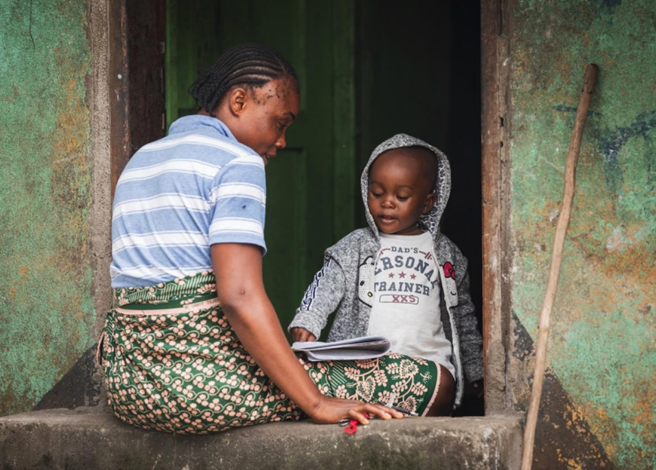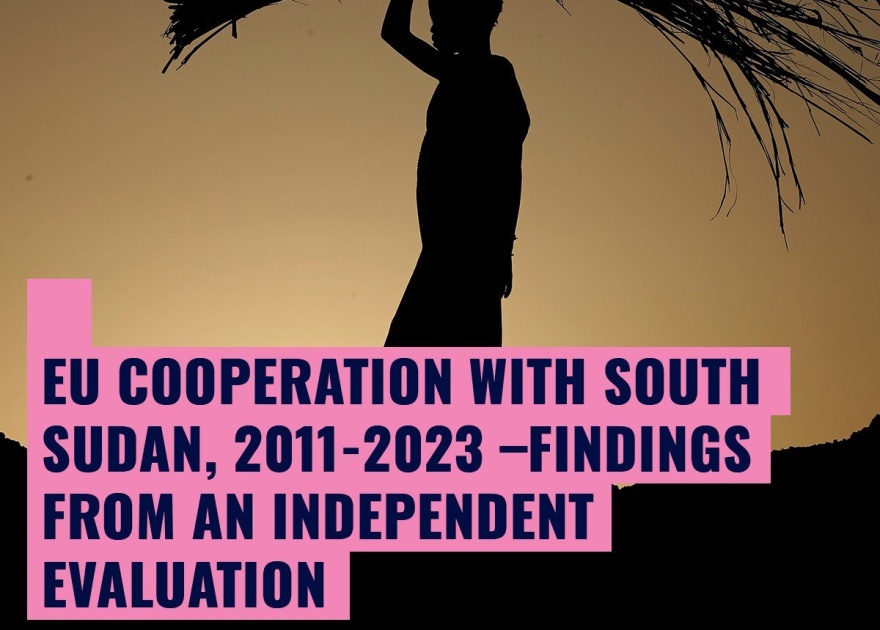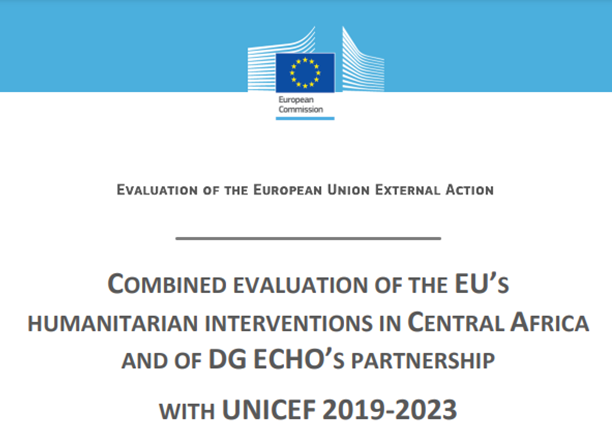Landell Mills implements Mid-Term Evaluation of the Facility for Refugees in Turkey
Landell Mills’ Monitoring, Evaluation and Learning division has recently completed the Mid-Term Evaluation of the Facility of Refugees in Turkey, which was commissioned and managed by the EC Secretariat of the Facility for Refugees in Turkey (DG NEAR). The evaluation, conducted by independent evaluators from Landell Mills and its partners, Development Analytics and IOD PARC, was published in July 2021 and found that EU support made a significant contribution to the welfare of Syrians and others fleeing conflict in the region.
The Facility for Refugees in Turkey is a €6 billion mechanism which marks a significant scaling-up of EU support to refugees in Turkey. As a key component of the 2016 EU-Turkey Statement, the facility coordinates the EU refugee response, working with Turkish Ministries, EU Member States' development banks, international financial institutions, UN agencies and NGOs to implement over 100 refugee projects in Turkey, where the number of refugees exceeds 4 million. The response focuses on humanitarian assistance and protection, education, health, socio-economic support, and migration management.
The Strategic Mid-Term Evaluation of the Facility aimed to provide an overall assessment of the performance of the facility to date, focusing on intermediate results measured against its objectives, whilst also providing lessons learned and actionable recommendations to improve current and future actions and strategy. As well as covering the conception, design and implementation period of the facility, from its inception in 2015 to 2021, the report also includes analysis of the impact of the COVID-19 global pandemic on refugees in Turkey.
Key findings from the report highlighted that: “The Facility for Refugees in Turkey has made a truly bold and significant contribution to the welfare of Syrians and others fleeing conflict in the region. It has also been a symbol of solidarity and support for the Turkish state and people who have so generously hosted the largest number of refugees in the world.”
The report finds that the Facility was unprecedented in scale and reach, and was mobilised quickly, making a major contribution to the basic needs of refugees, and enabling a faster government scaleup of health and education services. However, it also acknowledges that uncertainty about future funding has compromised ability to plan effectively.


